Recent Posts
Uruguay - EPR for batteries
by Jennifer Brook at 14:07 in Battery, Content, Environmental

Uruguay has released a law partially implementing EPR regulations for batteries and accumulators, including those for electric vehicles (EVs), placed on the market across the country. It also repeals and replaces the existing 2003 law on lead-acid batteries. This means that Uruguay's status for batteries EPR can be considered as Mandatory, but not yet ful...
The global plastics Treaty explained: challenges, delays, and future outlook
by Elizabeth Dutton at 13:38 in Circular Economy, Environmental, Packaging
The scale of plastic pollution today can hardly be understated, with plastic production rising year on year and total plastic waste expected to triple between 2019 and 2060. To address this issue, the UN Environment Assembly (UNEA) adopted Resolution 5/14, which calls on nations to formally adopt a globally binding Treaty to address plastic pollution – r...

Navigate Global Packaging Labelling With Confidence: Get Ready for 2026 with Lorax EPI
by Siân Lee at 13:34 in Environmental, Packaging, Circular Economy, Emerging
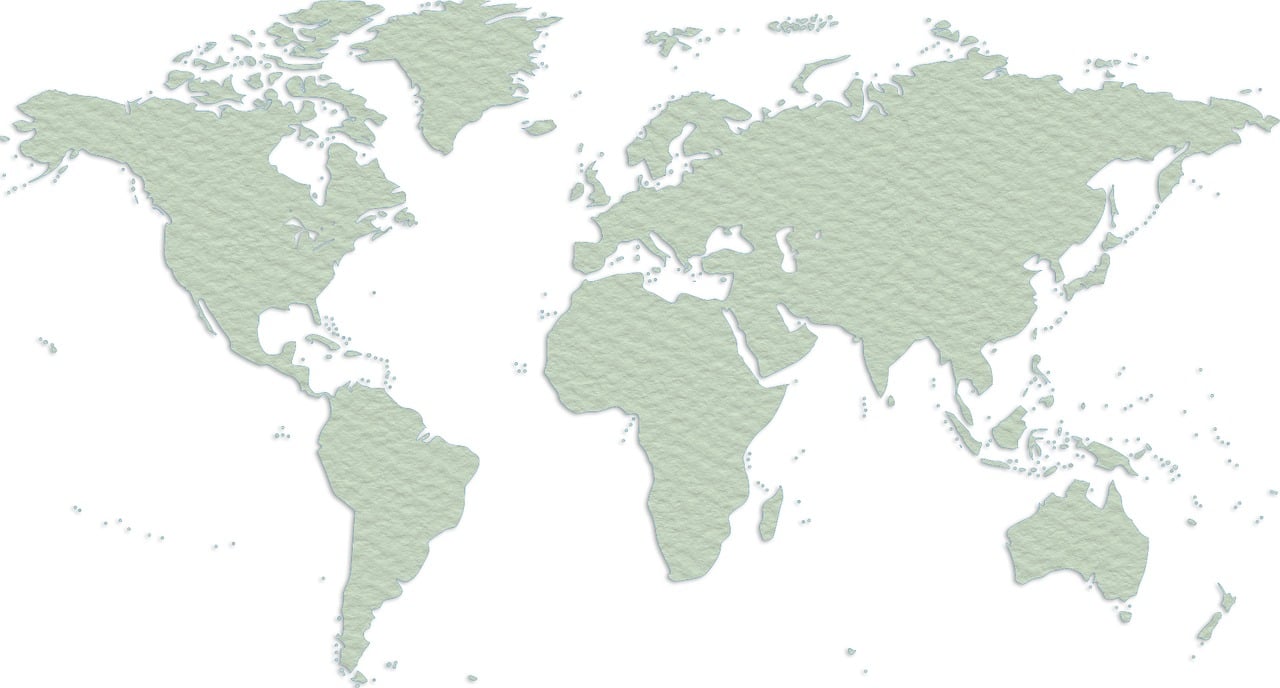
I first joined Lorax EPI as an Environmental Policy Analyst in 2023, after specialising in Environmental Law and UK Waste Policy reform at University. For the past five years, my work and research have centred on a diversity of waste legislation and policy. As an Environmental Compliance Consultant at Lorax EPI, I now use my legal knowledge to support gl...
Embedded Expertise: Guiding Clients Through WEEE and Batteries EPR
by Justin Given at 11:09 in Battery, WEEE, Emerging, Circular Economy
With a background in Environmental Technology, I joined Lorax EPI in October 2022 as a Policy Analyst, before transitioning into a consultant role at the end of 2023. From the start, I've been fascinated by the challenge of taking complex legislation, whether emerging U.S. packaging rules or established WEEE and Batteries EPR frameworks, and helping clien...
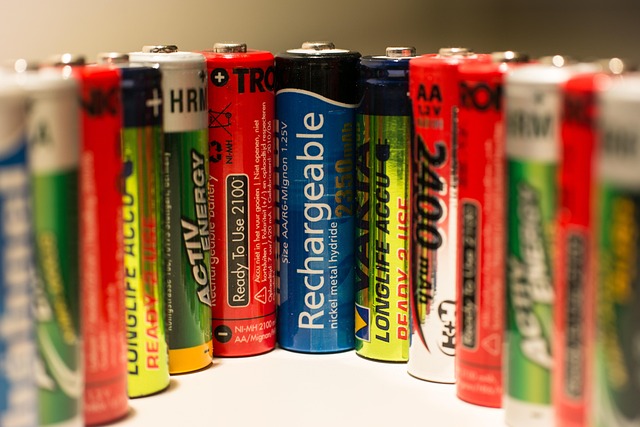
Staying ahead of EPR in 2025 & 2026: How Lorax EPI Is supporting clients through EPR compliance screening, assessments & registrations
by Verity Anipa at 11:07 in Circular Economy, Emerging, Environmental, Packaging, WEEE, Battery
.jpg)
I have been with Lorax EPI for two years as an Environmental Compliance Researcher, following previous roles in science and research. Over this time, I've enjoyed working with clients and supporting projects that help them navigate the rapidly expanding world of Extended Producer Responsibility (EPR). This area has grown significantly in recent years, wi...
Decoding Policy: How can your company benefit from our emerging trends monthly updates.
by Aaron Sarah at 08:52 in Emerging, Packaging
Coming from an academic background in Politics and Public Policy, I already had a good understanding of how complex legislation could be. However, it was not until I joined Lorax EPI in 2022 as an Environmental Compliance Researcher, where I started seeing first-hand the impact that this complexity has on companies, especially when they are trying to com...
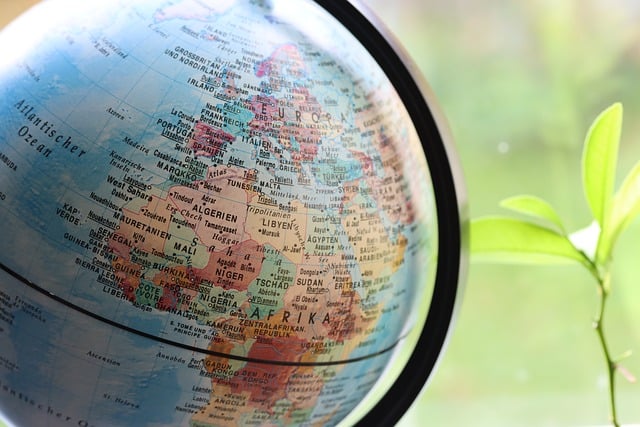
Forecasting EPR Costs: Helping Multinational Businesses Plan Ahead
by Ana Pilcher May at 17:51 in Content
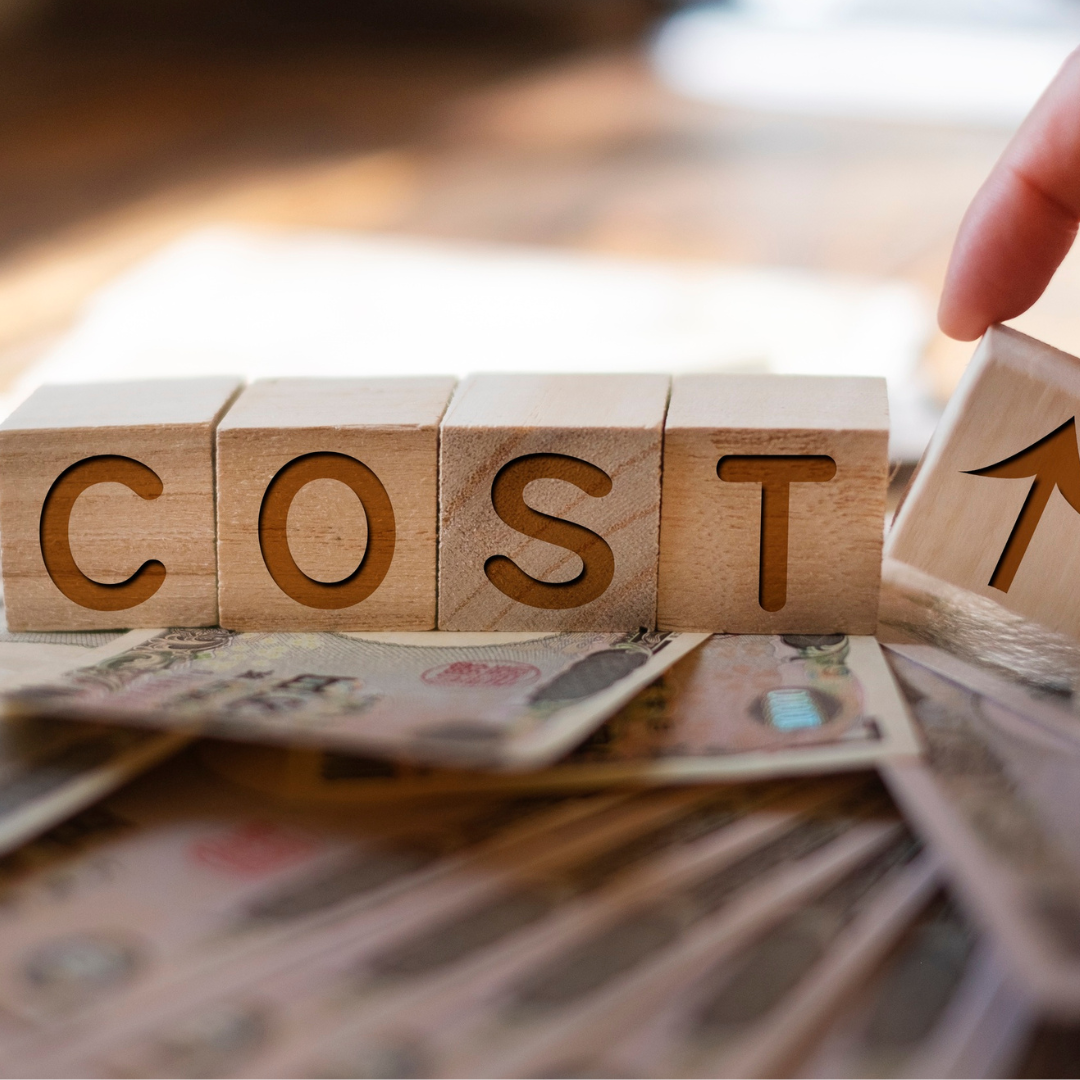
I joined Lorax EPI as an Environmental Compliance Consultant in 2024, following roles in scientific research and project management within a consultancy environment. These experiences gave me a rigorous, analytical approach to problem-solving and a strong foundation in delivering customer-focused projects.Since joining Lorax EPI, I've worked on a diverse...
The impact of PPWR on packaging portfolios
by Annis Mapleston at 11:05 in Emerging, Environmental, Packaging
I joined Lorax EPI as a consultant in early 2020, from a role as a Policy and Strategy Manager in the university sector. Over the past six years, I've had the opportunity to work with a great range of clients - from small cosmetics brands to massive multinational FCMG companies. My greatest (professional) satisfaction comes from helping people really u...
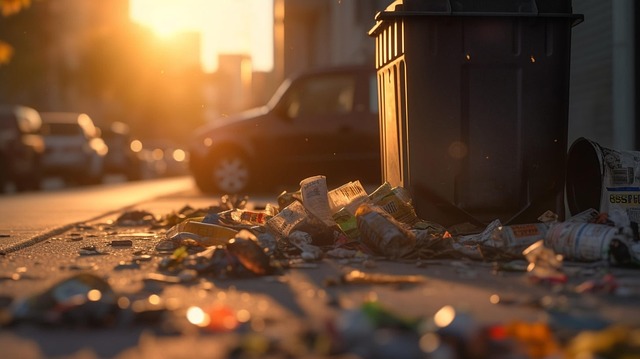
Countdown to 2026
by Gabriela Dobrot at 18:38 in Content

If I had to sum up 2025 in one word, 'boring' wouldn't even make the list. This year has been one of transformation and growth, both for Lorax EPI and for the environmental compliance sector as a whole. As we step into our second decade, Lorax EPI has embraced exciting new directions, while the compliance landscape has exploded in complexity and signific...
What’s upcoming for packaging EPR in Maine?
by Ana Pilcher May at 15:28 in Emerging, Packaging, Environmental
When LD 1451 was signed in July 2021, Maine became the first U.S. state to enact a packaging extended producer responsibility law. Over the past four years, Maine has taken steps to implement this landmark law, including creating implementing rules, and adopting amendments to both laws and the rules. As the first state to adopt packaging EPR, Maine's EPR...

Circular Threads: How EPR Will Transform Europe’s Textile Industry
by Catherine Alford at 15:20 in Circular Economy, Emerging, Environmental
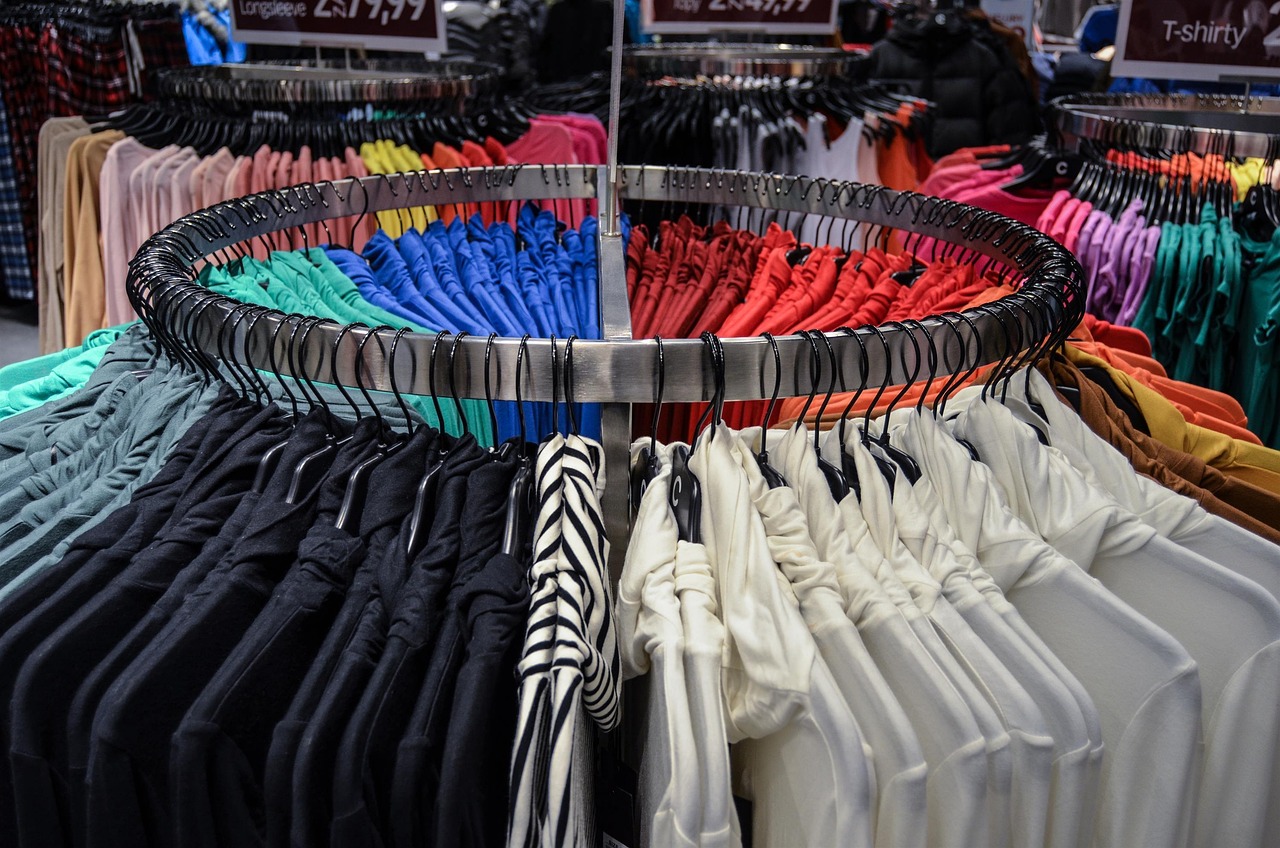
On 16 October 2025, Directive (EU) 2025/1892 amending Directive 2008/98/EC on Waste entered into force. The targeted revision of the Waste Framework Directive mandates the creation of EPR for textile and footwear products across EU Member States. The scope of EPR includes textile products, articles of apparel and clothing accessories for household or oth...
Japan’s evolution in packaging design standards
by Alena Zein at 11:14 in Emerging, Packaging
Japan has introduced several updates and legislative changes this year, particularly around packaging design standards. This article provides a snapshot of these developments, future directions, and the key points producers need to know. This year, Japan introduced stricter regulations under its Positive List System for packaging that comes into contact ...

Poland's new act on packaging and packaging waste
by Harriet Simms at 08:11 in Circular Economy, Emerging, Environmental, Packaging
.jpg)
Earlier this year, the Council of Ministers published project number UC100 which officially launched Poland's Draft Act on Packaging Waste. The proposed legislation represents one of the most significant overhauls of Poland's Extended Producer Responsibility (EPR) framework to date. The adoption of the Act is planned for the third quarter of 2025, with a ...
The Growing Adoption of Deposit Return Schemes in Europe
by Ramisa Shahjahan at 08:05 in Circular Economy, Environmental, Packaging
Across Europe, Deposit Return Schemes are increasingly recognised as an effective approach to reduce plastic pollution and encourage recycling.A Deposit Return Scheme (DRS) is a waste management system in which consumers pay a refundable deposit upon purchasing beverages in bottles or cans. The deposit is reimbursed when the empty container is returned to...
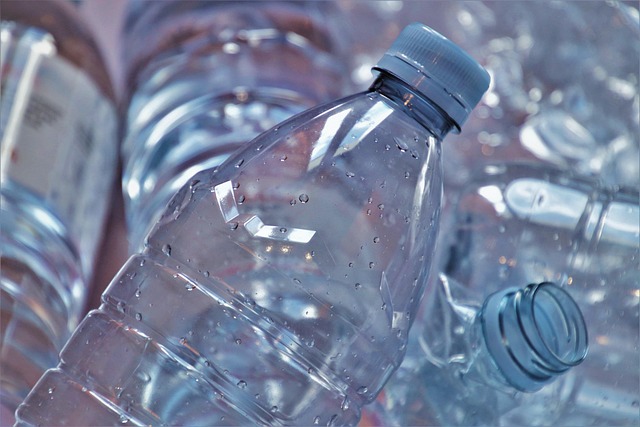
Stay Ahead of 2026 EPR Changes with ENVI™ and the New ENVI Lite
by Joshua Martin at 08:04 in Circular Economy, Content, Environmental
.png)
Extended Producer Responsibility legislation is expanding rapidly across the globe, and 2026 is shaping up to be one of the most transformative years yet. From new packaging reporting rules in the U.S. to the introduction of EU-wide textiles EPR, producer obligations are growing in both scope and complexity.For sustainability and compliance professionals,...
Driving EPR Compliance Through Data Accuracy: Lorax EPI expands their partnerships
by Lydia Geddes at 12:55 in Content
At Lorax EPI, ensuring data accuracy has always been at the forefront of our mission to help businesses navigate evolving EPR obligations with confidence. As global packaging regulations grow more complex, the need for high-quality, actionable data has never been greater. That's why we're thrilled to announce that we now have two exciting partnerships wit...


